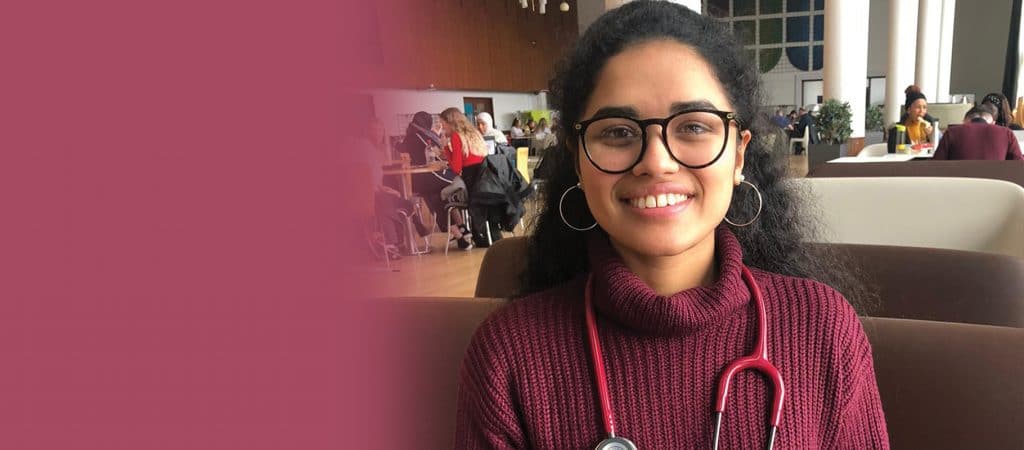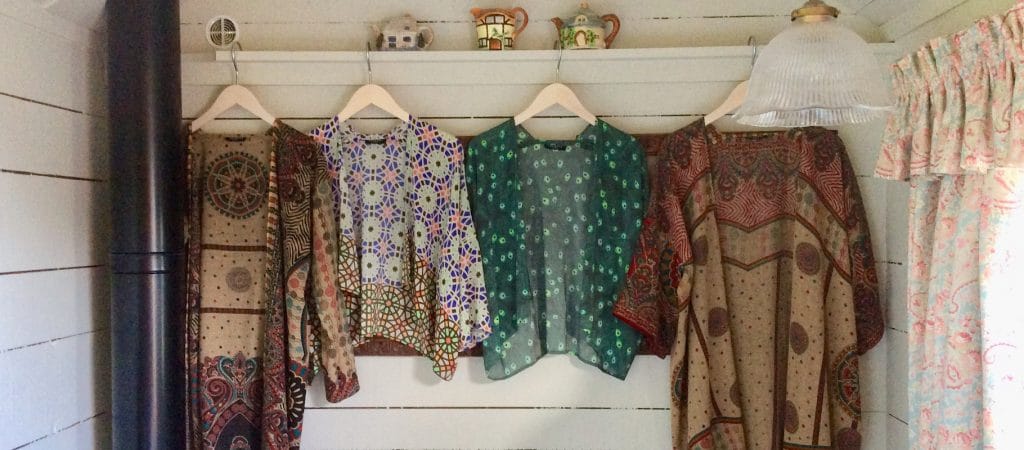“I was on a week of night shifts when it really began to take hold”, reflects Mary as she describes the early days of the pandemic.
“I remember being in my uniform ready to go to work, I’d already done one shift and it made me realise how bad it had suddenly got since the week before. I was dreading going to work that night because I had no idea what it would be like.”
Describing a typical shift, the scene she sets is exactly like the ones seen on television docu-drama 24 Hours in A&E.
“Initially it was scary. The phone would ring and we’d have seven minutes to prepare to receive a patient with suspected Covid.
“Suddenly you’re wearing a mask, a full gown, a visor, dealing with the uncomfortable heat of wearing full PPE and it’s just you and one nurse for fear of spreading it and taking out a whole medical team. We quickly became good at managing the situation.”
Her south-west London hospital was seeing a lot of Covid patients early on with varying degrees of complications brought on by the virus from people who had underlying health conditions to those who were otherwise fit and healthy, and even many from her own profession.
“We were seeing colleagues from GP practices and a lot of Senior Consultants in A&E got it. I’ve been really lucky. I was in such close contact with it constantly but I haven’t got ill.”
Those that did suffer more serious complications is something that Mary won’t quickly forget. “I saw young people in their 30s being intubated. That’s when you realize how serious it is.”






